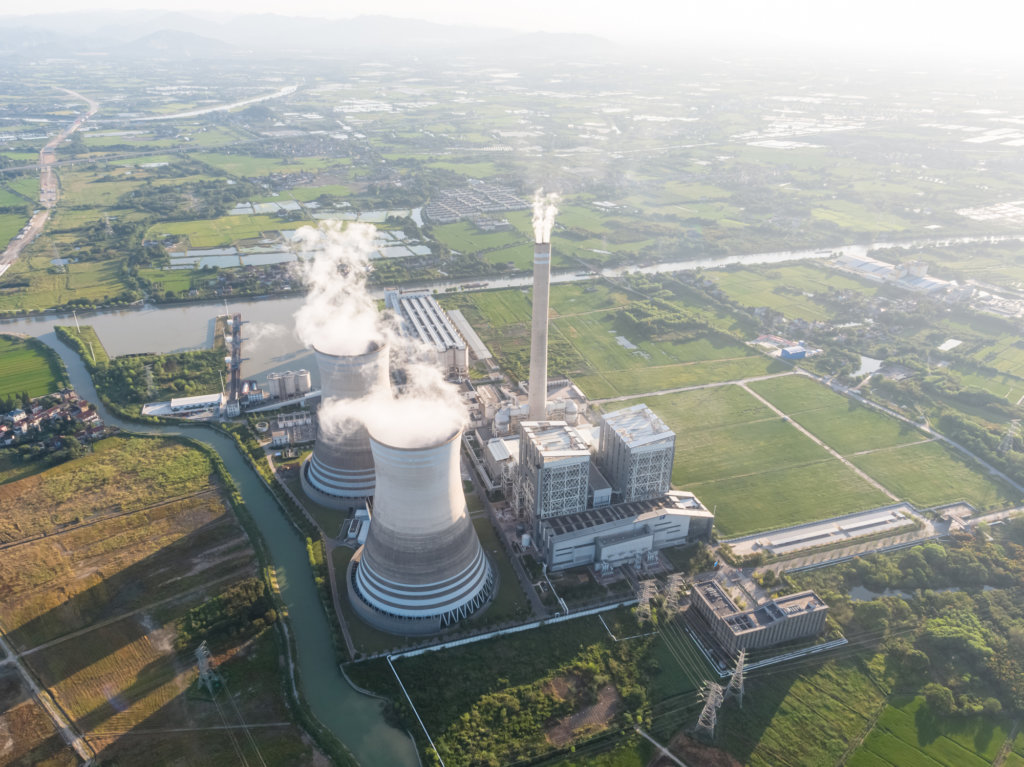The third plenary meeting of the Green Investment Principles for the Belt and Road (GIP) was recently held in Beijing. More than 170 representatives from more than 50 global financial institutions and organizations participated in person or virtually. Chen Yulu, Deputy Governor of the People’s Bank of China, and Yaseen Anwar, Chairman of the GIP Central Asia Office and former Governor of the State Bank of Pakistan, delivered keynote speeches. The Paulson Institute participated as a founding organization and as a current steering committee member of the GIP.

Since the launch of the GIP in November 2018 through August 2021, membership has expanded to 40 signatories and 12 supporters covering 15 countries and regions along the Belt and Road. These signatories currently hold or manage $49 trillion in total assets—about $9 trillion more than the market cap of the entire S&P 500 index.
The plenary meeting convened members to review last year’s progress, reward outstanding GIP members, and chart the direction for the near-term future. During the previous year, member-led working groups have successfully hosted four capacity-building workshops, leading to the development of best practices, an online risk assessment toolkit, and a green project database. The toolkit and database have both entered phase two development, which aims to refine the products by including more granular information to build them into more robust systems.
At the meeting, the GIP secretariat released the second GIP Annual Progress Report, titled Stepping into the Net Zero Era. Drawing from member questionnaire responses, the report presented the progress made by GIP signatories in delivering green investment and enhancing green governance along the Belt and Road Initiative in the past year. According to the report, GIP signatories have committed to more substantial climate ambitions by establishing more robust environmental risk assessments and increasing the scope of environmental disclosures.


2021 is the first year of the GIP’s medium-term strategic plan—Vision 2023. Members evaluated their accomplishments against five target actions:
- Self-assessment
- Information disclosure
- Green commitment
- Increasing investment
- Member development
Over the past year, the GIP community reached or exceeded most of the first-year targets. As of September 2021, 50% of the reporting GIP signatories have developed or are developing policies to divest from fossil fuels with increasing commitments for total phase-out, and 58% of them have set quantifiable green investment targets.
As of September 2021, 50% of the reporting GIP signatories have developed or are developing policies to divest from fossil fuels with increasing commitments for total phase-out.
The GIP recognized twelve member institutions, including the Bank of China, the Industrial and Commercial Bank of China, the China International Capital Corporation, UBS, Société Générale, and PwC, for demonstrating outstanding performance in the implementation of principles, leadership in capacity building, or support for the GIP. They received the Best Implementation Award, Best Green Finance Transaction Award, Leaders in Capacity Building Award, and Best Supporting Institute Award.
The meeting closed by determining the future direction of the GIP, including focusing on disclosure of financial institutions’ exposures to carbon assets and how to determine and measure what is the actual carbon footprint of those assets. Based on the work plans submitted by the GIP working groups, there should be an increase in awareness-raising and capacity-building activities.
While there has been good progress in the first year of Vision 2023, there is still much work ahead for GIP members. A green Belt and Road is imperative to address our climate and biodiversity challenges. The work of the GIP remains critical to facilitating financial institutions that are part of that process. The Paulson Institute will continue to support this effort in the year ahead.





